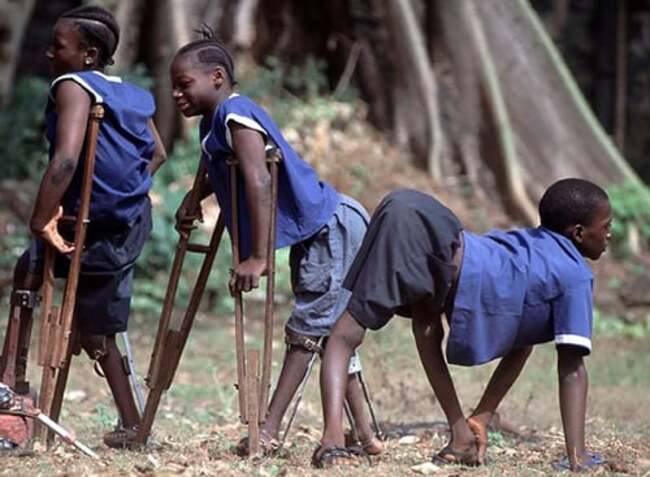Sultan Foundation for Peace and Development (SFPD) has engaged religious and community leaders in addressing polio vaccine rejections in Sokoto state.
The event was organized in collaboration with the Sokoto State Ministry for Religious Affairs and Sokoto State Primary Healthcare Development Agency (SSPHCDA) on Friday in Sokoto.
In his address, the SFPD Director of Programmes, Dr Aminu Inuwa, described participants as pillars of success on any programme in the society as they are custodians and shapers of attitudes.
Inuwa said the exercise was to strengthen the demand creation of vaccination in the community and address grey areas where people need elaborative explanations on vaccination as well as related issues.
According to him, scholars as models in society would be continuously engaged on radio, television and other media interactive programmes besides their normal sermons and congregational preachings.
He added that leaders would also be engaged at all levels in the exercise and highlighted expected responsibilities as well as a chain of addressing disagreements and overall situational reports.
Inuwa reviewed the establishment of SFPD in 2013, memberships across Nigeria and the roles of the Northern Traditional Leaders Committee on immunization while cautioning officials on the dangers of corruption during the exercise.
Dr Mubarak Saleh, the State Team Lead of Solina Foundation, reviewed the criteria of personnel engagement from ward, and village to local government levels and urged stakeholders to strictly abide by the guides.
Saleh said committee responsibility should be sacrosanct, stressing the need to guard against all forms of malpractice from vaccinators, supervisors and other focal officials with residents of the areas.
He lamented that most of the non-compliance cases were recorded in the metropolitan local government areas comprising Sokoto North, Sokoto South, Wamakko and Bodinga with few outside.
ALSO READ: Polio: Jigawa, UNICEF to vaccinate 1.2 million children
Saleh noted that Sokoto state is leading with a high number of cases at present, followed by some northern states.
He urged leaders to be instrumental in addressing the hitches as donors and governments were investing more in safeguarding people’s health, so the community needed to reciprocate the efforts.
According to him, one infected person can spread the disease to 200 children, stressing the need for stakeholders to live up to their responsibilities.
Leading the roundtable discussions, the Commissioner for Religious Affairs, Dr Jabir Maihula, stated the need for a broader understanding within the religious context of diseases, treatment and prevention.
Maihula led in resolving questions from the participants mostly bordered on why investments in vaccinations, rather than curing direct diseases such as malaria and others.
He reassured that the government would continue to partner with relevant authorities on awareness creation, changing perceptions, vaccine acceptance, resolution of disagreements and other related issues in the state.
The Commissioner further assured support for the coming immunization campaign which starts on Saturday, April 20, across the state.
The Executive Secretary of SSPHCDA, Dr Larai Tambuwal, who was represented by the Director of Social Mobilization and Advocacy, Mr Dahiru Kamarudeen, assured more support to achieve the desired success.
Meanwhile, Sokoto State was reported to have recorded 61 cases of Poliovirus Type 2 (CVDPV2), which experts blamed on the inability of parents to avail their wards of immunisation amid security challenges affecting the state.







